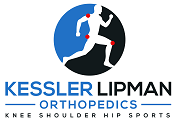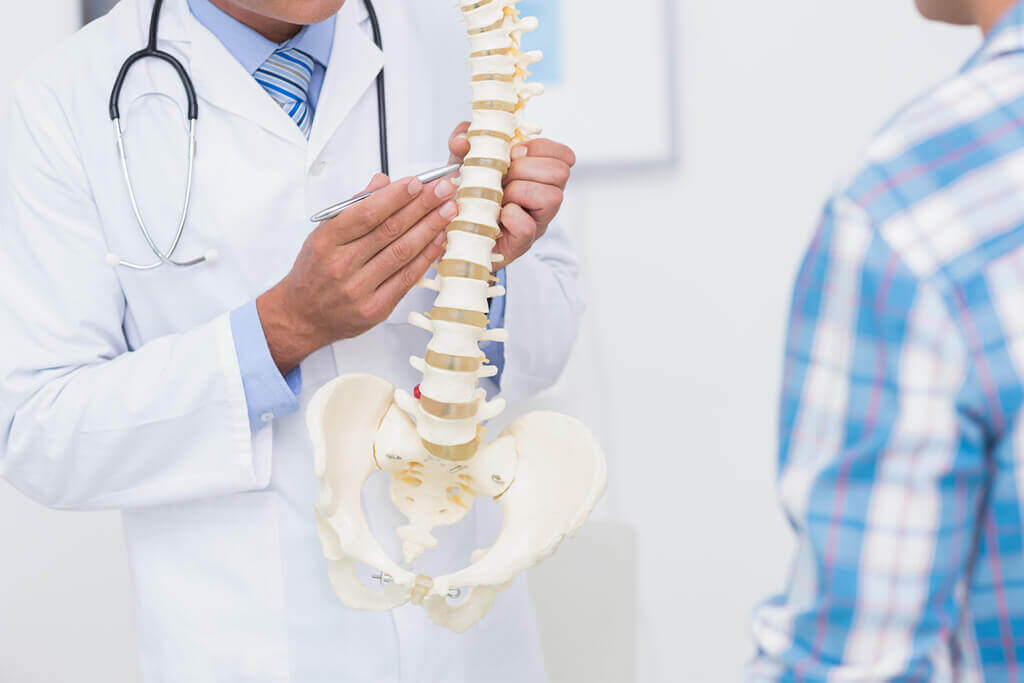Agoraphobia
Introduction
Causes
The exact cause of agoraphobia is unknown, but it often accompanies other conditions, such as anxiety, depression, substance abuse, social phobia, and specific phobia. Agoraphobia may or may not occur with panic disorder. When agoraphobia occurs with panic disorder, it most frequently affects women that are in their 20s.Symptoms
Agoraphobia can cause physical symptoms as well. You may feel faint, dizzy, or lightheaded. You may have numbness or tingling. It may be difficult to breathe. You may feel like your heart is pounding or have chest pains. You may have a rapid pulse, and your blood pressure may rise. Your skin may flush and become excessively sweaty. Nausea, vomiting, diarrhea, and abdominal discomfort may also occur with agoraphobia.
Agoraphobia may make your feel confused or like you are “not thinking straight.” You may feel intense fear. You may feel an extreme fear of “going crazy” or dying.
Over time, you may leave your home less and less. You may fear that if you do, you may have a panic attack and not be able to get help. You may fear being embarrassed or humiliated in crowds or public places. Remaining in your home may interfere with your social life, employment, and quality of life.
Diagnosis
A psychiatrist can begin to diagnose agoraphobia after listening to you describe your fears and symptoms and conducting an evaluation or interview. A diagnosis of agoraphobia may be present when symptoms are severe enough to interfere with or limit your daily life. A psychiatrist can also identify co-existing conditions such as panic disorder, specific phobia, social phobia, anxiety, depression, and substance abuse.Treatment

Copyright © - iHealthSpot Interactive - www.iHealthSpot.com
This information is intended for educational and informational purposes only. It should not be used in place of an individual consultation or examination or replace the advice of your health care professional and should not be relied upon to determine diagnosis or course of treatment.
The iHealthSpot patient education library was written collaboratively by the iHealthSpot editorial team which includes Senior Medical Authors Dr. Mary Car-Blanchard, OTD/OTR/L and Valerie K. Clark, and the following editorial advisors: Steve Meadows, MD, Ernie F. Soto, DDS, Ronald J. Glatzer, MD, Jonathan Rosenberg, MD, Christopher M. Nolte, MD, David Applebaum, MD, Jonathan M. Tarrash, MD, and Paula Soto, RN/BSN. This content complies with the HONcode standard for trustworthy health information. The library commenced development on September 1, 2005 with the latest update/addition on February 16, 2022. For information on iHealthSpot’s other services including medical website design, visit www.iHealthSpot.com.


